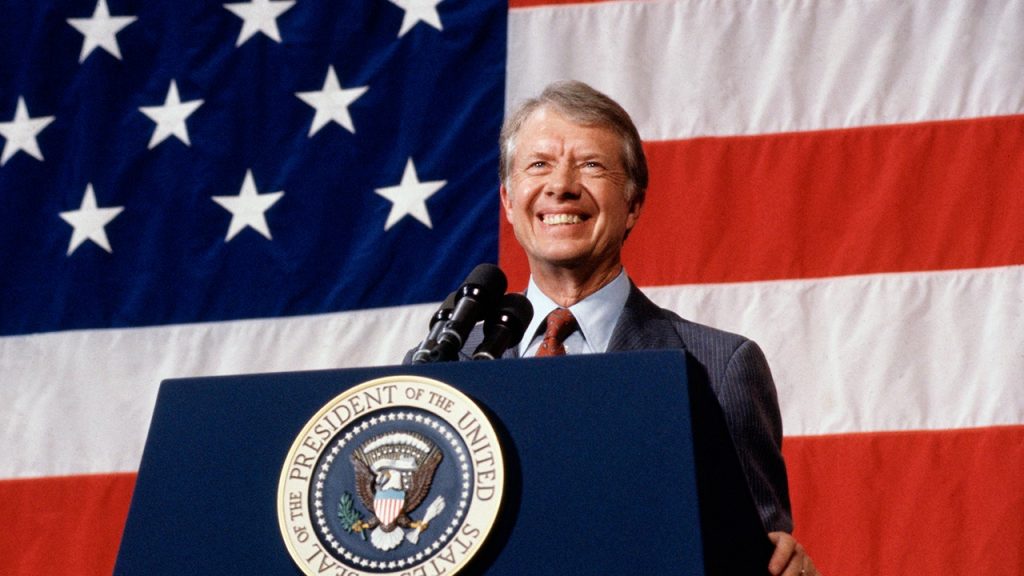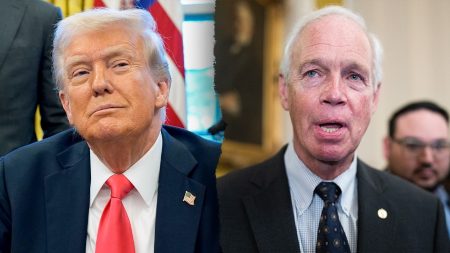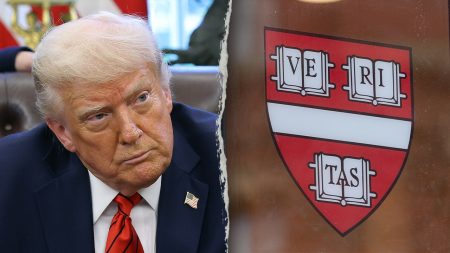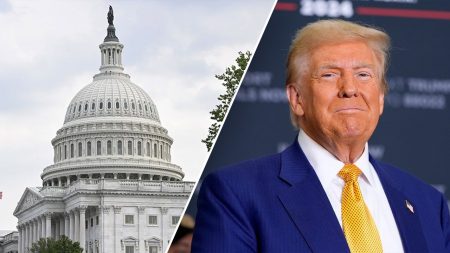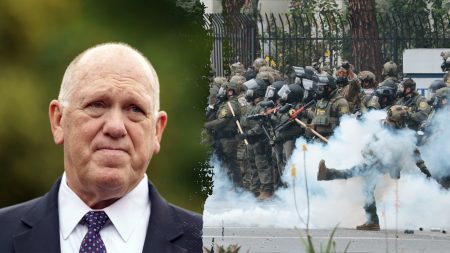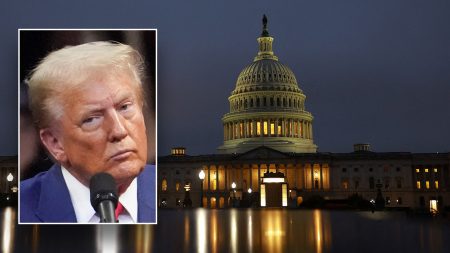President Jimmy Carter’s single term in office, while not marked by a Supreme Court appointment, left an indelible mark on the federal judiciary. His commitment to diversifying the courts resulted in the appointment of more federal judges than any other single-term president, a staggering 262 individuals. This number included record numbers of women and minority judges, reflecting Carter’s belief that the courts should mirror the demographics of the nation they serve. This transformative approach laid the groundwork for greater representation in the legal system and significantly influenced the composition of the courts for decades to come. The establishment of Circuit Court Nominating Commissions further solidified Carter’s dedication to identifying qualified and diverse candidates, a practice that has since become standard procedure.
Carter’s deliberate focus on inclusivity extended to his potential Supreme Court nominees. He openly acknowledged his intention to appoint a woman to the Supreme Court had a vacancy arisen, specifically mentioning Judge Shirley Hufstedler, the first woman to serve as an appellate court judge, as his top choice. Although a Supreme Court vacancy did not occur during his presidency, Carter appointed Hufstedler to another significant position, the first Secretary of Education, highlighting his commitment to recognizing and promoting capable women in leadership roles. While Carter himself did not appoint a woman to the Supreme Court, his focus on elevating women in the legal field undoubtedly contributed to the momentum that led to Sandra Day O’Connor’s historic appointment by President Reagan.
Carter’s influence on the Supreme Court extended beyond his intention to appoint a woman. Two of his appellate court appointees, Stephen Breyer and Ruth Bader Ginsburg, would later ascend to the Supreme Court under President Clinton. Both justices made significant contributions to American jurisprudence, with Breyer known for his pragmatic approach and Ginsburg becoming a cultural icon for her advocacy of gender equality. Their appointments represented the culmination of Carter’s efforts to reshape the judiciary, showcasing the long-term impact of his focus on diversity and merit. Interestingly, both Breyer and Ginsburg were eventually succeeded by women, further solidifying the transformative legacy initiated by Carter.
Ruth Bader Ginsburg, a champion of women’s rights, frequently acknowledged Carter’s pivotal role in advancing women within the legal profession. She publicly credited him for dramatically increasing the number of women on the federal bench, a change that was almost nonexistent prior to his presidency. Ginsburg recognized that Carter’s actions not only diversified the courts but also created opportunities for women to significantly impact legal discourse and shape legal precedents, influencing the course of justice for generations to come. Her own career trajectory, from appellate judge appointed by Carter to Supreme Court Justice, stands as a testament to the transformative power of Carter’s judicial appointments.
The replacement of both Breyer and Ginsburg by women – Ketanji Brown Jackson and Amy Coney Barrett, respectively – further underscores the lasting legacy of Carter’s judicial philosophy. While these appointments were made by different presidents with potentially different ideological perspectives, they nonetheless represent the continuation of a trend toward greater diversity on the Supreme Court. This evolving composition of the court reflects the long-term impact of Carter’s emphasis on inclusivity, a vision that has gradually reshaped the highest court in the land.
In conclusion, while President Carter’s time in office was brief, his legacy on the federal judiciary is profound and enduring. His commitment to diversity, exemplified by the unprecedented number of women and minority judges he appointed, significantly altered the landscape of the courts. His influence reached the Supreme Court through his appointees who later ascended to its ranks, individuals who shaped legal thought and championed equality under the law. Carter’s vision of a judiciary that reflects the diversity of the nation has left an enduring mark on the legal system, paving the way for a more inclusive and representative court system for generations to come.




